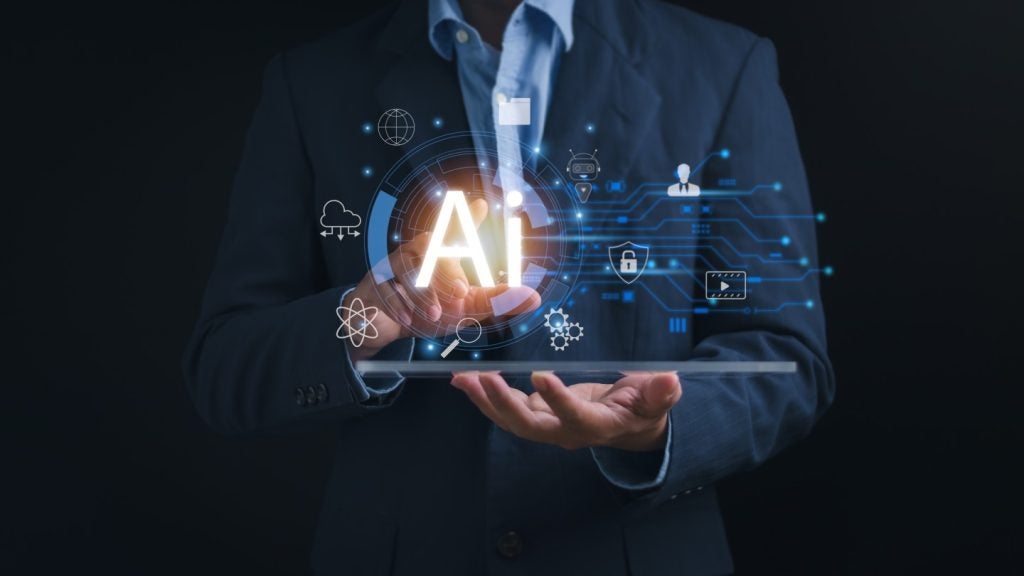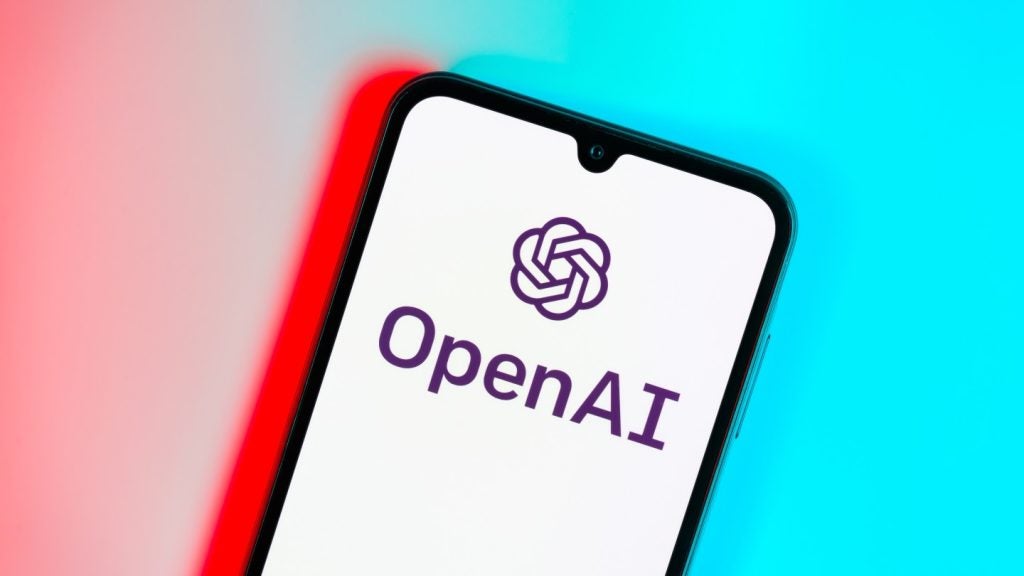Generative artificial intelligence (AI), which includes creation capabilities across multiple areas including audio, video, and text, has taken the world by storm after the launch of Chat GPT in late 2022.
The increasing popularity of the technology is evident in GlobalData’s forecasts, which predict that the global generative AI market will grow at a CAGR of 79.96% between 2022 and 2027 and is set to reach a value of over $33 billion by 2027.
With rapid advancements in the technology and a growing number of use cases, we are potentially only scraping the surface of what will ultimately be possible with generative AI. An example of a sector that can benefit significantly from generative AI is the media sector.
Generative AI in media
Generative AI has many use cases in the media and entertainment industry, ranging from writing scripts and creating visual effects to creating promotional material like movie trailers and posters. But perhaps the most intriguing capability of the technology in the media sector is its ability to replicate actors’ faces and voices. For instance, in the last few months online, AI has been used to mimic the voices of famous singers performing different artists’ songs. So far, Freddie Mercury’s voice has been used to sing Celine Dion’s My Heart Will Go On, while an AI Taylor Swift has performed Kanye West’s Heartless, among many other examples.
Similar uses of generative AI were seen in recent movies and TV shows. James Earl Jones has been the iconic voice behind Darth Vader since A New Hope hit cinema screens in 1977. However, as Jones has stepped back from acting and was unavailable to reprise his role as Darth Vader’s voice in Disney Plus’s Kenobi in 2022, generative AI was employed to mimic his Vader voice from 1977 in the show, with his consent.
This capability has considerable advantages for the entertainment industry. With it, filmmakers can continue to use fan-favourite faces or voices even after actors have retired or passed away, while avoiding costly wages or studio production costs. Generative AI can also help studios create more in less time as it lowers the dependency on human actors and automatizes several processes.
Is it always sunny with generative AI?
Although the benefit of this technology is apparent, there are also some important challenges associated with generative AI usage in the industry that are worth highlighting.
An incident related to these challenges is the recent writers’ and actors’ strikes in Hollywood. Although there are various reasons for these strikes, a prominent one is strikers’ joint concerns that generative AI will replace their jobs or lower their wages if it is used for writing scripts or digitally recreating actors. Nevertheless, GlobalData argues that despite fears that generative AI will threaten creative jobs, AI will mostly take on more monotonous and mundane tasks, freeing creatives to focus on higher-value activity.
Intellectual property
Another challenge is related to protecting Intellectual Property (IP), which has been a longstanding problem for the sector. This has become an even more critical issue with the rise of generative AI as it can cause significant and costly issues for media companies. In 2023, Disney’s CEO, Bob Iger, even suggested that AI’s disruptive capabilities would create significant issues with IP management.
For instance, generative AI can already mimic Taylor Swift performing a song without her consent or knowledge. So, it is increasingly apparent that new regulations addressing AI and copyright issues must be created and all the parties operating in the sector must equip themselves to navigate this new potential regulatory environment.
In the end, although the creative capability of AI is exciting, there are still some challenges to address before it can achieve mainstream acceptance in the media industry.








